Mason believes in the power of women
…especially in science
Join us to pursue research of consequence — work to conserve endangered species, research public debates about vaccinations and advance diagnosis and treatment to improve and safeguard public health.
How can we power your ideas?
Learn more: cosinfo@gmu.edu | chss@gmu.edu
Meet some of our experts…
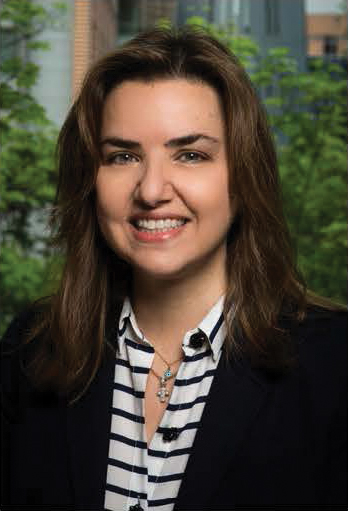 Peggy Agouris, Dean, College of Science. A recipient of an NSF CAREER award, Dr. Agouris leads George Mason University’s College of Science, which awarded 57% of degrees to females in 2015-16 and granted undergraduate degrees to females at a rate 10 points higher than the national average. Dr. Agouris is also the Director of the Center of Earth Observing and Space Research (CEOSR), one of Mason’s most active research centers, with external funding of several million dollars annually.
Peggy Agouris, Dean, College of Science. A recipient of an NSF CAREER award, Dr. Agouris leads George Mason University’s College of Science, which awarded 57% of degrees to females in 2015-16 and granted undergraduate degrees to females at a rate 10 points higher than the national average. Dr. Agouris is also the Director of the Center of Earth Observing and Space Research (CEOSR), one of Mason’s most active research centers, with external funding of several million dollars annually.
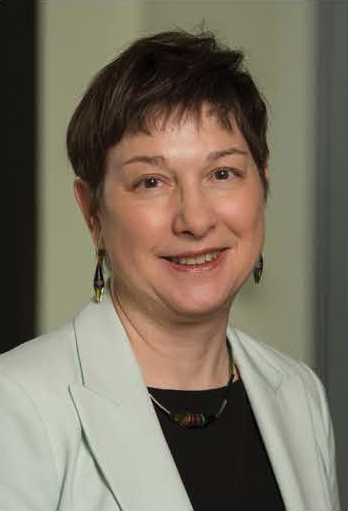 Deborah Boehm-Davis, University Professor, Dean, College of Humanities and Social Sciences. Dr. Boehm-Davis’ research focuses on human factors, a discipline that considers how human performance is helped or hindered by the design of tools that help us accomplish everyday tasks. She is a Fellow of the American Psychological Association, the Human Factors and Ergonomics Society and the International Ergonomics Association.
Deborah Boehm-Davis, University Professor, Dean, College of Humanities and Social Sciences. Dr. Boehm-Davis’ research focuses on human factors, a discipline that considers how human performance is helped or hindered by the design of tools that help us accomplish everyday tasks. She is a Fellow of the American Psychological Association, the Human Factors and Ergonomics Society and the International Ergonomics Association.
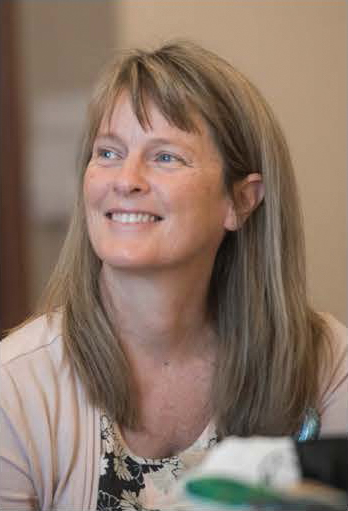 Deborah Crawford, University Vice President for Research. Dr. Crawford joined Mason from the International Computer Science Institute, an independent non-profit research organization affiliated with the University of California Berkeley, where she served as President and Executive Director. She served as Senior Vice Provost for Research at Drexel University, and worked at the National Science Foundation (NSF) in executive and program management positions. She was recognized by the President of the United States for her contributions to science and science policy, receiving a Presidential Rank Award in 2006 and in 2010.
Deborah Crawford, University Vice President for Research. Dr. Crawford joined Mason from the International Computer Science Institute, an independent non-profit research organization affiliated with the University of California Berkeley, where she served as President and Executive Director. She served as Senior Vice Provost for Research at Drexel University, and worked at the National Science Foundation (NSF) in executive and program management positions. She was recognized by the President of the United States for her contributions to science and science policy, receiving a Presidential Rank Award in 2006 and in 2010.
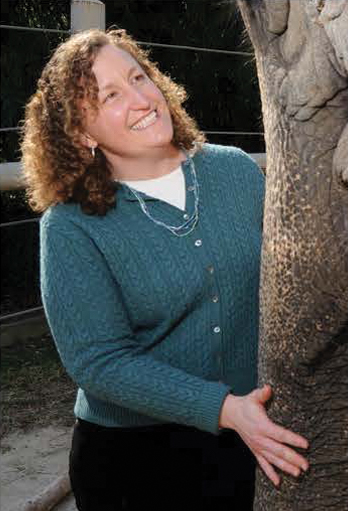 Elizabeth Freeman, Professor of Conservation Studies, School of Integrative Studies, College of Humanities and Social Sciences. Professor Freeman’s research encompasses a range of topics including behavioral and chemical ecology, evolutionary biology, and reproductive physiology. Behavioral ecology/endocrinology best describe her areas of interest; she conducts studies on the hormones and behavior of the diverse species of this planet.
Elizabeth Freeman, Professor of Conservation Studies, School of Integrative Studies, College of Humanities and Social Sciences. Professor Freeman’s research encompasses a range of topics including behavioral and chemical ecology, evolutionary biology, and reproductive physiology. Behavioral ecology/endocrinology best describe her areas of interest; she conducts studies on the hormones and behavior of the diverse species of this planet.
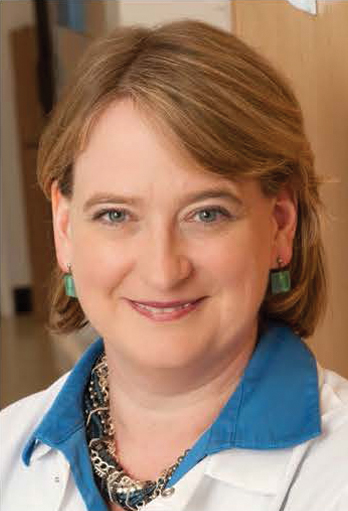 Monique van Hoek, Associate Professor, National Center for Biodefense and Infectious Diseases. Dr. van Hoek’s research investigates potential new sources of antibiotics, including unlikely sources such as alligator blood and mosquitoes. Her research interests include development of novel antimicrobial and anti-biofilm compounds, drug delivery and treatment for tularemia, melioidosis and other gram-negative and gram-positive human pathogens.
Monique van Hoek, Associate Professor, National Center for Biodefense and Infectious Diseases. Dr. van Hoek’s research investigates potential new sources of antibiotics, including unlikely sources such as alligator blood and mosquitoes. Her research interests include development of novel antimicrobial and anti-biofilm compounds, drug delivery and treatment for tularemia, melioidosis and other gram-negative and gram-positive human pathogens.
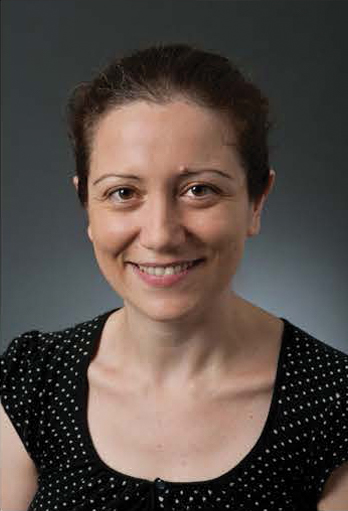 Alessandra Luchini, Associate Professor, Center for Applied Proteomics and Molecular Medicine. Named one of the brightest young minds in the country by Popular Science magazine, Dr. Luchini’s groundbreaking research devised a nanoparticle technology related to the early detection of diseases, like Lyme disease, tuberculosis and cancer.
Alessandra Luchini, Associate Professor, Center for Applied Proteomics and Molecular Medicine. Named one of the brightest young minds in the country by Popular Science magazine, Dr. Luchini’s groundbreaking research devised a nanoparticle technology related to the early detection of diseases, like Lyme disease, tuberculosis and cancer.
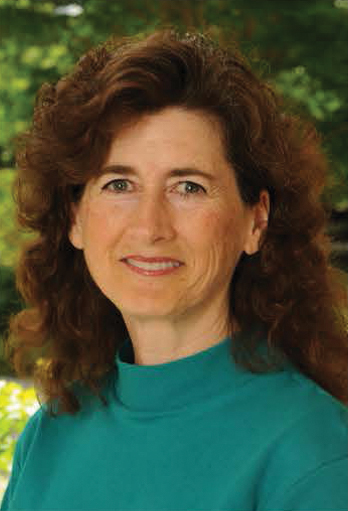 Katherine Rowan, Professor, Director, Science Communication Program, College of Humanities and Social Sciences. A fellow with the American Association for the Advancement of Science, Professor Rowan’s research concerns the public relations challenges of earning trust and explaining complexities in risk and crisis communication contexts.
Katherine Rowan, Professor, Director, Science Communication Program, College of Humanities and Social Sciences. A fellow with the American Association for the Advancement of Science, Professor Rowan’s research concerns the public relations challenges of earning trust and explaining complexities in risk and crisis communication contexts.
George Mason University, Virginia’s largest public research university, is a caring, inclusive, and collaborative community. Mason has grown rapidly over the past half-century, recently reaching R1 research status, and is recognized for its innovation and entrepreneurship, remarkable diversity, and commitment to accessibility.
Nearly 60 percent of students participate in an experiential learning, putting what they have learned in the classroom into action. This multidisciplinary curriculum opens our students’ minds to a wide range of possibilities, and contributes to its graduates’ success in today’s and tomorrow’s scientific world.